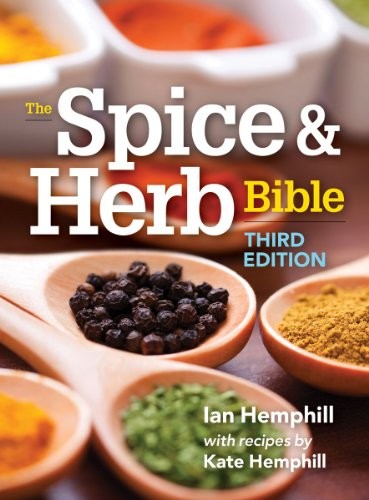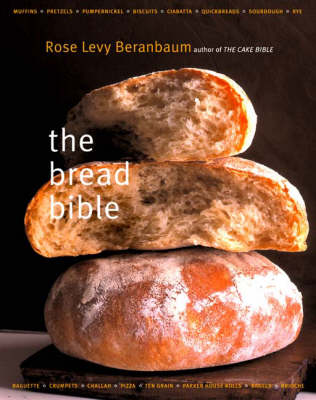Scriptures for the cook
September 29, 2014 by Susie The third edition of The
Spice and Herb Bible came last week, and I did what I always
do. I looked up “fenugreek,” and sighed with satisfaction.
There were four solid pages on fenugreek, with its name in 20
different languages, its history, its uses, and a detailed rundown
of the plant’s anatomical parts.
The third edition of The
Spice and Herb Bible came last week, and I did what I always
do. I looked up “fenugreek,” and sighed with satisfaction.
There were four solid pages on fenugreek, with its name in 20
different languages, its history, its uses, and a detailed rundown
of the plant’s anatomical parts.
I look up fenugreek because it was once a “threshold” ingredient for me – one I’d heard of but never cooked with. In fact, in the personal ad 17 years ago that would eventually bring me my husband and a whole new life, I actually wrote “I almost know what fenugreek is.”
Now, I think, I can say I pretty much know what fenugreek is. I cook regularly with the seed and the leaves, and I’m familiar enough with the taste to know when it’s missing, if not quite familiar enough with the taste to improvise with it. Still, having it all laid forth in something that calls itself a “Bible” is fundamentally reassuring to me. It probably always will be.
Out there in the world of commerce, “Bibles” just don’t have the market appeal they once did. If I want to know how to stencil a cake, chances are I’ll look it up on YouTube first, and I may not end up buying The Contemporary Cake Decorating Bible: Stencilling. If I need a good idea for a smoothie, I’ll probably just look up smoothie recipes right here on EYB rather than buying The Healthy Smoothie Bible – all I’d need is the ingredients, after all.
 I might buy something like Rose
Levy Beranbaum’s Bread Bible, because there’s an awful lot to
know about making bread, and because of her track record. But
by and large, “Bible” no longer seems like a word to
conjure with.
I might buy something like Rose
Levy Beranbaum’s Bread Bible, because there’s an awful lot to
know about making bread, and because of her track record. But
by and large, “Bible” no longer seems like a word to
conjure with.
In a way, it’s too bad, because if I looked up “fenugreek” in Wikipedia, I might not have learned that in Gujarat, they drive a bullock cart around in circles over a pile of fenugreek to thresh the seeds from the pods. I might not have learned that it’s sometimes called “cow’s horn” or “goat’s horn” because of its curved pod, or that it actually is a cousin of the fava bean, which it resembles in miniature.
I’m glad I have The Spice and Herb Bible. You might know that the word “bible” comes from the Greek biblion, which simply means “book,” or maybe even just “paper”. Some of today’s cookbook bibles really are just that – not much more than the paper they’re printed on. But every once in a while you get a bible that’s enlightens, informs, and entertains for years – so much more than “just a book”.
Categories
- All Posts (7079)
- Antipasto (2209)
- Author Articles (250)
- Book News (944)
- Cookbook Giveaways (996)
- Cookbook Lovers (262)
- Cooking Tips (116)
- Culinary News (299)
- Food Biz People (558)
- Food Online (800)
- Holidays & Celebrations (277)
- New Cookbooks (154)
- Recipes (1520)
- Shelf Life With Susie (231)
- What's New on EYB (134)
Archives
Latest Comments
- charcb on For the Love of Lemons by Letitia Clark – Giveaway
- charcb on Balli Balli – Cookbook Giveaway and Quick Bites
- Jane on Introducing libraries to EYB at ALA
- fluffies on For the Love of Lemons by Letitia Clark – Giveaway
- Goulashgirl on Any way you slice it
- ChefClaireFVS on French at Heart – Cookbook Giveaway
- ChefClaireFVS on 20 Amici – 40 Ricette Cookbook Giveaway
- kitchen_chick on Salt Sugar MSG Cookbook Giveaway
- kitchen_chick on Balli Balli – Cookbook Giveaway and Quick Bites
- SCH on Introducing libraries to EYB at ALA